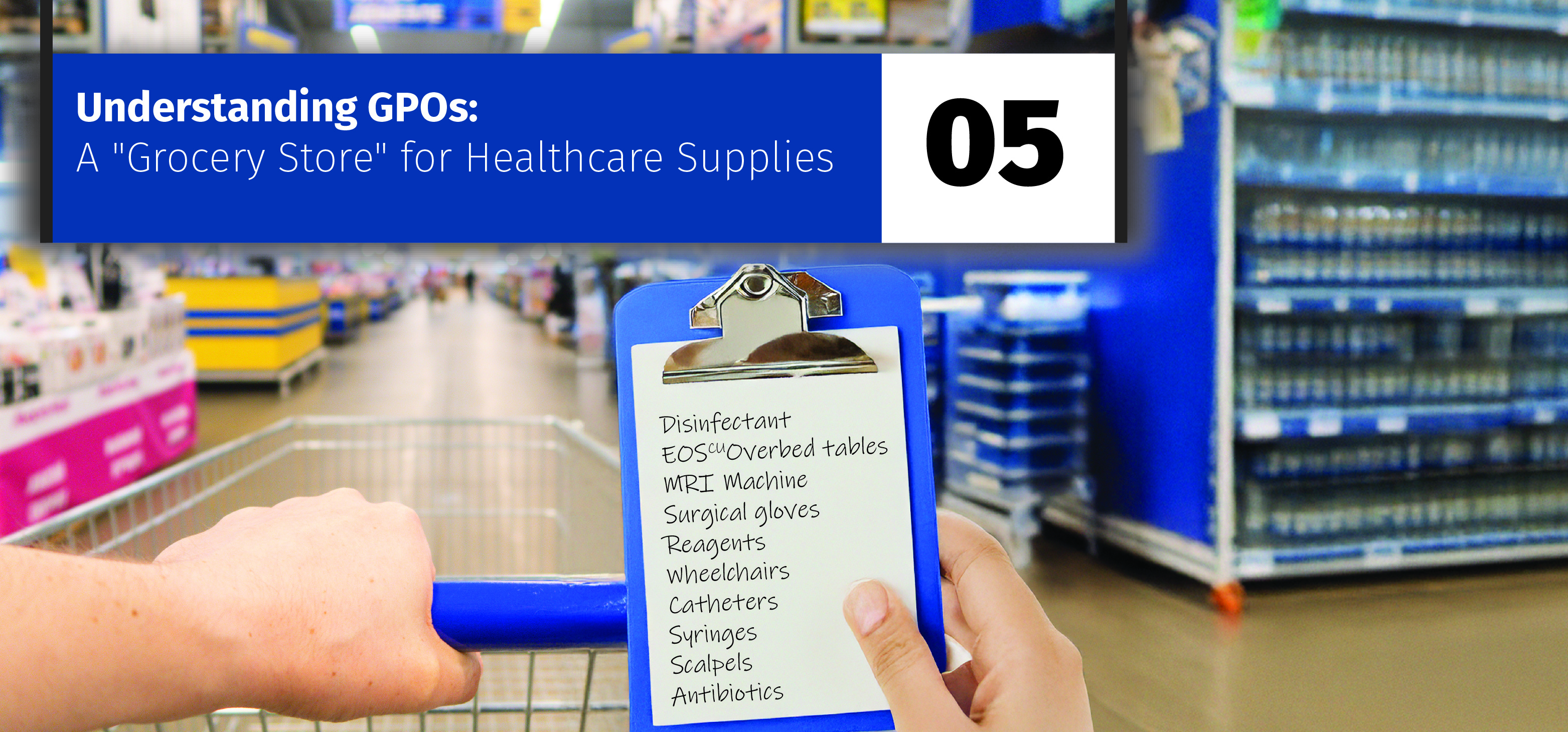The Nigerian National Petroleum Company Limited has commenced the supply of crude oil for the test-running of the Port Harcourt Refining Company Limited, the NNPCL officials said on Sunday.Oil marketers confirmed the development and stated that the plant would...
The Nigerian National Petroleum Company Limited has commenced the supply of crude oil for the test-running of the Port Harcourt Refining Company Limited, the NNPCL officials said on Sunday.
Oil marketers confirmed the development and stated that the plant would supply refined Premium Motor Spirit, popularly called petrol, Automotive Gas Oil, otherwise known as diesel, as well as other products to 12 states including Abia, Rivers, Akwa Ibom, and Delta, among others.
The NNPCL stated that the ongoing test-running of the plant would be completed shortly, adding that commercial production of refined products would also begin shortly.
This came as experts and downstream operators stated that though the cost of refined products would reduce once the Port Harcourt and Dangote refineries start pumping out products, it would not lead to a massive price crash.
On December 21, 2023, the Federal Government announced the mechanical completion of rehabilitation work on the Area-5 Plant of the Port Harcourt Refining Company in Rivers State.
It said the first phase of the plant had been completed, as the facility would start refining 60,000 barrels of crude oil daily after the Christmas break.
The Minister of State for Petroleum Resources (Oil), Senator Heineken Lokpobiri, had stated that the first phase of the PHRC was completed on December 20, 2023, adding that refined products’ production would commence after the Yuletide.
“This is to announce to Nigerians that in fulfilment of our pledge to complete phase one of the Port Harcourt refinery by the end of 2023, and the subsequent streaming of phase two in 2024, we happily announce the mechanical completion of flare start-up on December 20, 2023.
“This heralds the commencement of the production of petroleum products after the Christmas break. We want to thank Nigerians for their patience and trust in the NNPC to deliver on our promise and mandate in the rehabilitation of our refineries,” the minister stated.
NNPCL supplies crude
When contacted on Sunday to state whether the plant had started producing refined products as projected by the minister, the Chief Corporate Communications Officer, NNPCL, Olufemi Soneye, said crude oil was being supplied to the facility.
He said the refinery was being test-run, as this was in line with international best practice, and assured Nigerians that the plant would commence commercial production of refined products production shortly
“We’ve successfully completed the mechanical phase of the PH refinery Area 5 plant, installing all vital components. Licensor inspection has been done and catalysts delivered.
“Now, industry-based testing remains, focusing on leaks, air, line blowing, flushing, drying, steam out, calibration, plant inerting, and then hydrocarbon (crude oil) introduction.
“While we share the optimism, adherence to global best practices is crucial. Testing will conclude shortly, ensuring the refinery’s efficient operation. Production should commence shortly,” he stated.
Supply to 12 states
The President of the Petroleum Products Retail Outlets Owners Association of Nigeria, Billy Gillis-Harry, who led other marketers to the Port Harcourt refinery, confirmed on Sunday that the plant had started receiving crude oil.
He said testing was ongoing at the facility and noted that the 60,000bpd crude oil production was enough to serve about 12 states in Nigeria.
“I can confirm that they (the refinery) are now receiving crude because I have been in Port Harcourt and was at the refinery with some of our members. The testing is going on, and it is going to take some time because they would have to ascertain the parts of the refinery that are working and those that are not working yet.
“And all that must be stable, which is why the management of the refinery must be supported to ensure that they deliver and start the production of products for commercial purposes. However, I can confirm to you that what they (NNPCL) told you is correct,” Gillis-Harry stated.
Asked whether the 60,000 barrels per day that would be refined from the plant would be enough to meet the demands in some states, the PETROAN boss stated that about 12 states could get their supply from the facility.
He said, “Nigerians should be cheerful about the 60,000 barrels per day of crude that is to be refined by the plant. Even if it is producing at 50 per cent capacity, it will produce what will consistently augment and make sure petroleum products are available for domestic consumption.
“And this will help curb the depletion of our foreign exchange. The volume of petrol and other products that will come out of 60,000bpd refined crude is not small, it is a lot. In fact, it can serve about 12 states. It is a considerable volume that can serve about 12 states.
“It can serve Rivers, Bayelsa, Abia, Imo, Delta, Edo, Cross River, Akwa Ibom, and even beyond, and this is a conservative estimate. Also don’t forget that it is going to be produced daily. So if every day we are loading about 50 tankers of 33,000 litres each, that is going to serve a lot of purposes.”
The NNPCL, which is the manager of the refinery, had also revealed that the second phase of the facility would be completed in the fourth quarter of 2024 and would lead to the refining of 150,000bpd crude by the facility.
The Group Chief Executive Officer, NNPCL, Mele Kyari, explained that as of December 15, 2023, about 84.4 per cent of Area-5 Plant, a key component of the Port Harcourt refinery, and 77.4 per cent of the entire rehabilitation project had been completed.
“In our quest to ensure that this refinery is re-streamed to continue to deliver value to Nigerians, we made a promise that we will reach a mechanical completion of phase one of the rehabilitation project by the end of December and get the other plants running in 2024. Today, we have kept those commitments,” Kyari stated during the announcement of the mechanical completion of the plant.
The GCEO, who commended the NNPCL’s staff and the EPCIC contractors for ensuring that the refinery achieved a significant milestone, stated that the second phase would be completed in the fourth quarter of 2024.
“We are done with phase one. We will complete phase two as promised within 2024, maximum – the last quarter of 2024,” he stated.
Price reduction imminent
Oil marketers and experts stated that the commencement of operations of the Port Harcourt and Dangote refineries would cause a reduction in the cost of refined products, but would not warrant a huge crash in their costs.
The Dangote refinery is projected to start delivering refined diesel and aviation fuel from this month (January), as Nigerians express optimism that the cost of refined products would drop.
The National Secretary of the Independent Petroleum Marketers Association of Nigeria, Chief John Kekeocha, said the cost of refined petroleum products would drop once the refineries come on stream, but this may not happen immediately.
“If the refineries should start producing as they promised, then we should be hopeful of price reduction. However, this may not happen immediately and it will not mean that the cost of petroleum products would crash significantly.
“But if what they are saying now is going to come to reality, absolutely it is going to affect the prices of refined products downward. This is because the crude will be sourced here and it will be cheaper. Also the cost of importing refined products will be eliminated.
“Therefore if the Port Harcourt refinery and that of Dangote are going to start production, sincerely speaking, the cost of refined products are not going to be as costly as what we are buying today,” Kekeocha stated.
On his part, the PETROAN stated corroborated the position of his counterpart in IPMAN, but noted that it would not be a massive crash in price.
“We expect a reduction in the prices of refined products, not a massive crash in their costs. But certainly, there is a chance of a reduction in the cost of refined petroleum products once the refineries start supplying the products.
“This is because we will no longer pay import charges and all other fees that we pay in dollars. So that should give some relief. But by how much, is what we cannot tell until the refineries start producing,” he stated.
Also speaking, the National Public Relations Officer, IPMAN, Chief Ukadike Chinedu, said the commencement of operations of the refineries would impact the cost of products positively.
“We are optimistic to see the commencement of refined products from the facilities because it will impact on the cost of products positively. Whether the drop in price is much or not, the fact is that Nigeria has commenced local production.
“But the truth is that there will be a reduction in the prices of refined products, though this may not mean that the cost of products would experience a massive crash,” he stated.
Ukadike stated that oil marketers were optimistic, as the wait for the refineries to start production had been so long, adding that it would be something to cheer once the facilities start pumping out products.
















